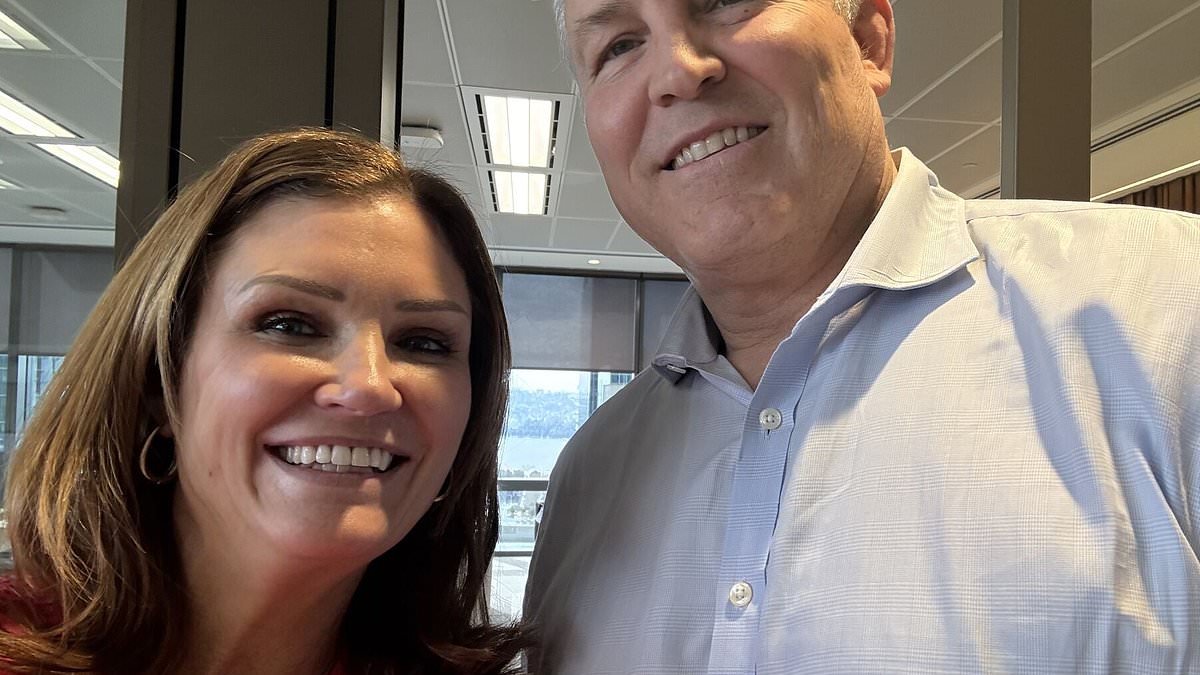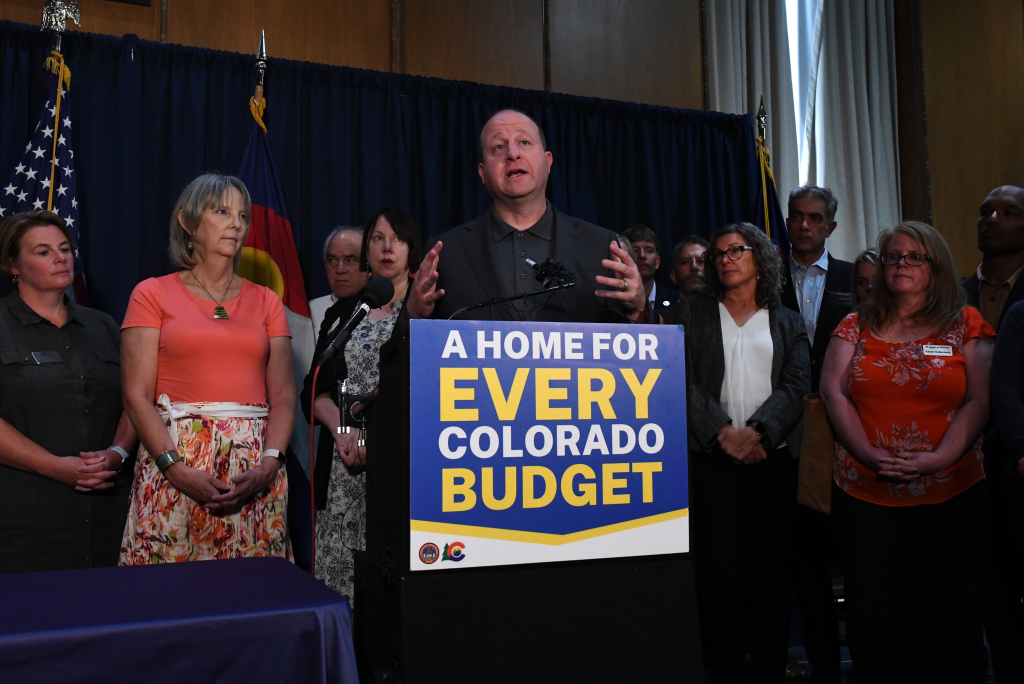Copyright dailymail

Work-from-home war explodes after mum's shock win against Westpac - and why bosses are panicking READ MORE: Aussie bosses on notice after ruling against Westpac By SARAH BROOKES - SENIOR REPORTER, AUSTRALIA Published: 02:22 BST, 23 October 2025 | Updated: 02:31 BST, 23 October 2025 A landmark Fair Work Commission ruling granting a Westpac employee the right to work from home has ignited a storm of fury across Australia, exposing deep divisions over the future of flexible work. Sydney mother Karlene Chandler, a Westpac employee for 23 years, requested working from home so she could manage school drop-offs and care for her young twins. The mother had moved with her family to Wilton, 80km south of Sydney, in 2021 to be closer to a private school but ended up further away from Westpac offices. From her new home it took two hours to travel from the school to the office. Westpac denied the employee’s request, arguing her lengthy commute was a consequence of personal choices and would negatively affect business operations. In response, the employee challenged the decision under the Fair Work Act’s flexible work provisions, which apply to specific groups including parents of school-aged children and individuals over 55. Deputy President Tom Roberts found in her favour, stating there was no doubt she she could perform her role entirely remotely, as she had done successfully for four years. Roberts concluded Westpac not only failed to genuinely consider the request, but also lacked reasonable business grounds to reject it. The ruling could pave the way for stronger remote work entitlements, placing greater weight on individual circumstances over corporate preferences when roles are demonstrably suited to online delivery. Westpac argued its two day a week in office attendance policy was essential. Pictured: Westpac CEO Anthony Miller and HR boss Kate Dee This latest FWC ruling is seen as a significant win for working parents and may set a precedent for future flexible work disputes Unions have warned the decision may have far-reaching consequences for large employers seeking to enforce rigid return-to-office mandates. While supporters say the decision is a victory for work-life balance, critics warn it could backfire, fuelling job cuts, offshoring, and declining productivity. The ruling set off a flood of public debate, with thousands weighing in online. 'Everyone that works from home says the same thing - 'I work harder' but visit them during work hours and they're doing house chores and having a beverage or five,' one commenter wrote. A recurring concern was that remote roles could be outsourced to cheaper overseas labour. 'If she can do her job remotely, they'll give it to someone cheaper overseas. She just shot herself in the foot,' another said. Others argued WFH deepens inequality, particularly for younger staff missing out on mentorship, and for frontline workers, nurses, truck drivers and teachers, who don't have that option. Some claimed the case sent a dangerous signal about 'motherly entitlement'. 'What she's done is make employers rethink hiring women,' one woman said. 'They already assume we'll go off and get pregnant - now they'll think we'll demand to work from home. She's done a disservice to all women.' But others strongly defended Ms Chandler's stance. 'We complain about migration but love to make things hard for mums,' one commenter said. WFH gives parents an extra few hours a day for their kids. Families are less rushed and less stressed. It's good for society.' Another argued flexible work could even help reverse Australia's falling birth rate: 'If we show girls a manageable version of motherhood, they might see they don't have to choose between a career and children.' Finance Sector Union secretary Julia Angrisano (pictured) said the decision puts all employers on notice that they will need to have genuine business reasons to refuse a flexible working arrangement request.' Critics said Ms Chandler's commute was her choice, but others countered that skyrocketing housing costs force many Australians to live far from their workplaces. 'With housing the way it is, most people can't afford to live near the CBD. It's not a lifestyle choice, it's a financial necessity,' one person wrote. Others pointed out WFH can boost productivity through fewer distractions and shorter commutes. 'I'm more productive at home, no randoms at my desk, no traffic, no exhaustion,' one worker said. 'I work longer hours and my employer gets more out of me.' Some even said it benefits businesses: 'Fewer people in the office means less rent. It's a win-win.' Beyond the legal implications, the debate also revealed generational rifts. 'They (Boomers) haven't been employed since 1988 and are stuck in that mindset,' one commenter said. 'Technology has come a long way. I'm monitored to within an inch of my life and still get my work done.' Another wrote: 'Running a business isn't about how many people are in an office. Only dinosaurs think productivity equals presence.' Others defended hybrid models: 'WFH done well is win-win. My team's in twice a week, home three days. 'They perform well and get to pick up their kids. Slack workers are slack anywhere - office or home.' Specialist recruiter and career coach for Realistic Careers Tammie Christofis Ballis (pictured) Business advocates warn the ruling undermines employers' ability to manage their operations. 'The company pays the wage and sets the rules. If they want you in the office, you go, or find another job,' one said. 'I'm blown away that an employer is being told by law what's best for their business. The cart is now leading the horse,' another wrote. Recruitment expert Tammie Bayliss said the tide has already turned against remote work and that fewer employers were hiring staff for remote work jobs. 'Work-from-home jobs are disappearing,' she said. 'Since the pandemic ended, fewer employers are offering hybrid options.' Major corporations including Amazon, Dell, Tabcorp and Flight Centre have already ordered staff back to the office full-time. 'People have taken the p*ss, to be quite frank, and big companies want them back,' Ms Bayliss said. 'If you want a remote job, start your own business.' She said rising unemployment and a tightening job market mean workers now have less leverage. 'Two years ago, I'd have said differently - but in 2025, work-from-home jobs are becoming rare,' she said. 'If people quit because they're losing WFH days, there'll be plenty lining up to replace them.' SydneyWestpac Share or comment on this article: Work-from-home war explodes after mum's shock win against Westpac - and why bosses are panicking Add comment



